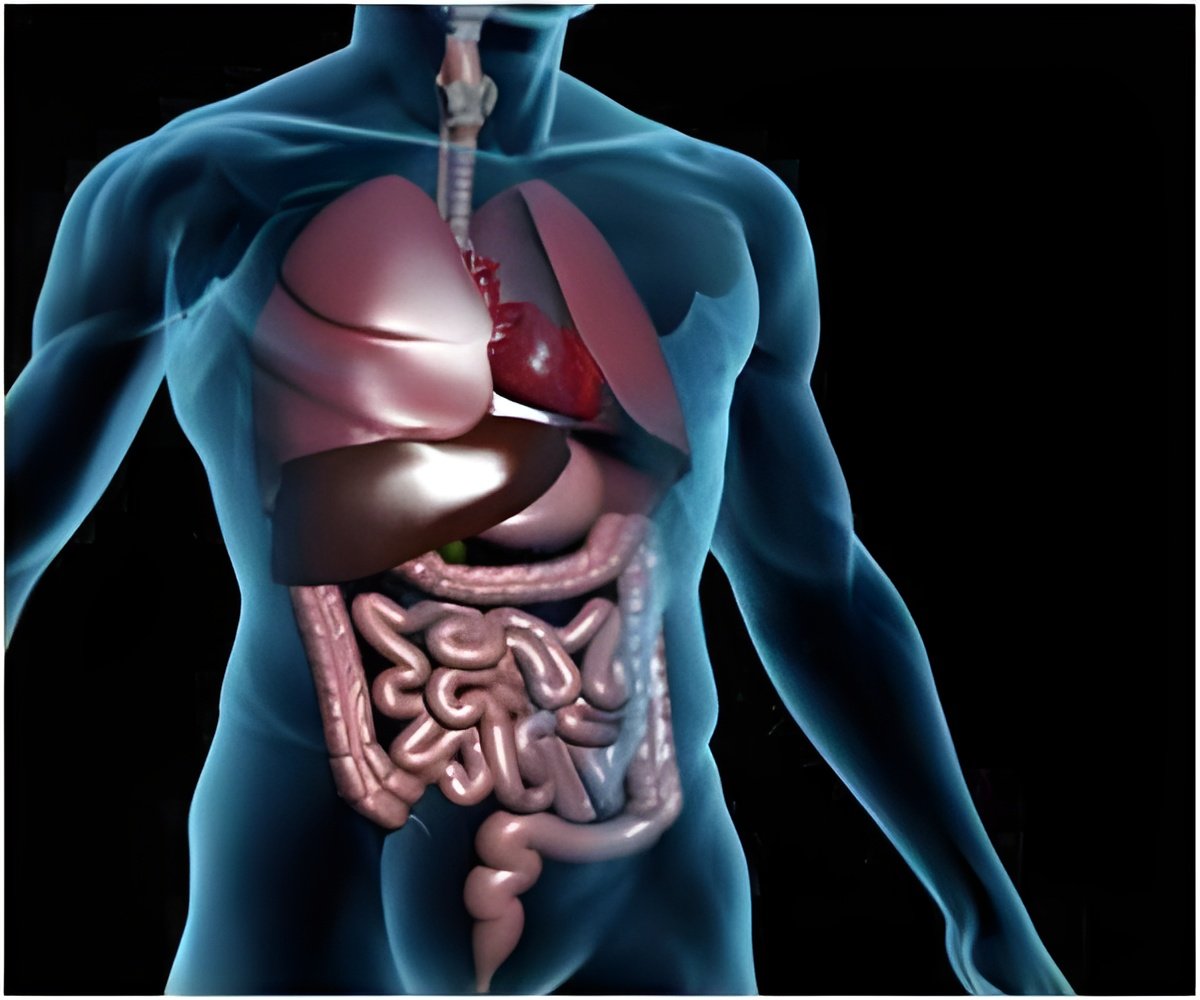Individuals who have experienced a major bleed from their stomach or oesophagus may be more likely to die from other causes, such as malignant tumours and cardiovascular disease, a study found.

The researchers, led by Colin Crooks from the University of Nottingham, reached these conclusions by identifying a population- based sample of patients who were admitted to hospitals in England for treatment of an upper gastrointestinal bleed between 1997 and 2010 and their recorded causes of death. They excluded individuals who had bleeding from esophageal varices, which are caused by liver cirrhosis. They then used over 80,000 matched controls and a statistical model to calculate the excess causes of death.
Over this period, the researchers identified 16,355 people who had an upper gastrointestinal bleed, of whom 6242 subsequently died, giving a crude mortality rate of 16.0 per 100 person-years in the first 5 years. In the first month after a bleed, the death rate was increased for all causes of death, but the highest mortality rate was from non-malignant digestive disease mostly linked to causes related to the upper gastrointestinal tract. For the remainder of the first year, the highest death rates were from malignant tumors, followed by deaths due to circulatory and respiratory diseases.
In their analysis, the researchers calculated that the total 5-year risk of death due to gastrointestinal causes ranged from 3.6% in people ≤50 years to 15.2% in people ≥80 years, representing an excess risk of death between 3.6% and 13.4%, respectively. The total 5-year risk of death due to non-gastrointestinal causes ranged from 4.1% in people ≤50 years to 46.6% in people ≥80 years, representing an excess risk of death between 3.8% and 19.0%, respectively.
The authors say: "We found a considerable excess of all causes of death in individuals following a non-variceal upper gastrointestinal bleed, and over half of these deaths were due to non-gastrointestinal co-morbidity, particularly neoplastic and cardiovascular disease."
They continue: "This excess in deaths was not explained by co-morbidity such as cancer or cardiovascular disease diagnosed prior to the admission. Therefore, an upper gastrointestinal bleed may be a marker of disease or an indicator of a deterioration in non-gastrointestinal co-morbidity. "
Advertisement
Advertisement












